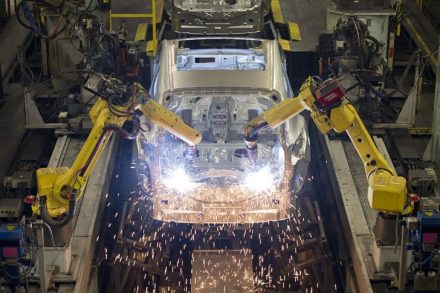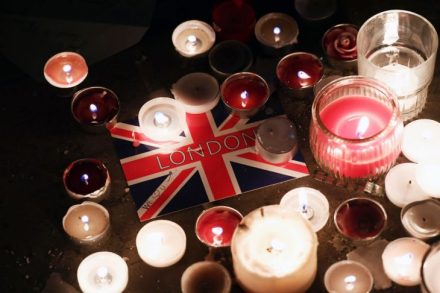The Brexit bellwether will be the health of our car industry
As I’ve said before, the bellwether of post-Brexit prosperity will be the health of the UK car industry, rather than that of the far larger financial sector. The City is nimble enough to look after itself come what may; it requires little more than plug sockets and clever lawyers to outmanoeuvre barriers to its trade. Car-makers, by contrast, require massive investment in research, robotics and logistics to keep them at the cutting edge of a globalised manufacturing system operating on the tightest of margins. So every indicator is worth tracking. Peugeot-Vauxhall was a mixed signal, and a cloud hangs over the Ford engine plant at Bridgend. But there’s positive news




















